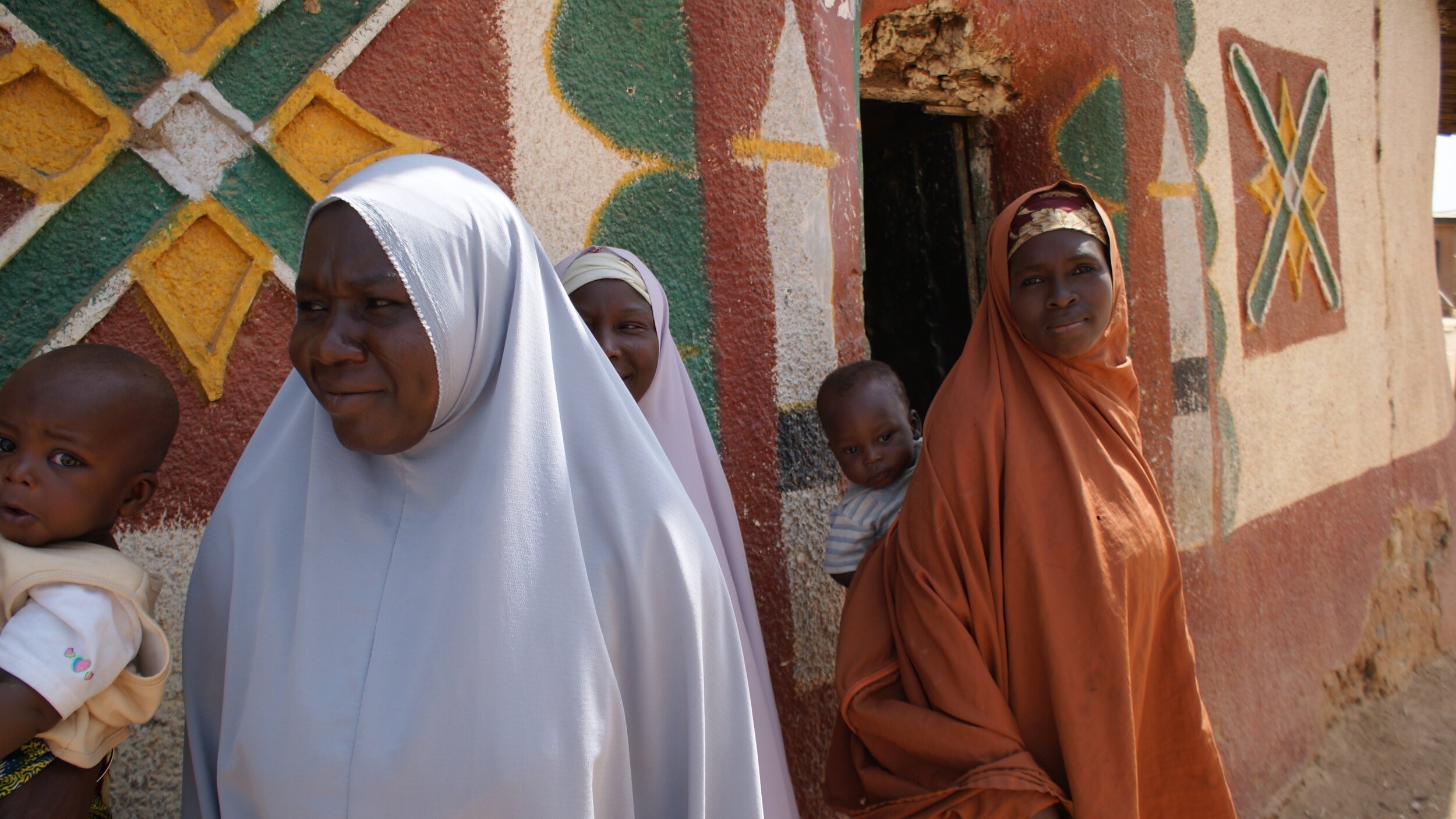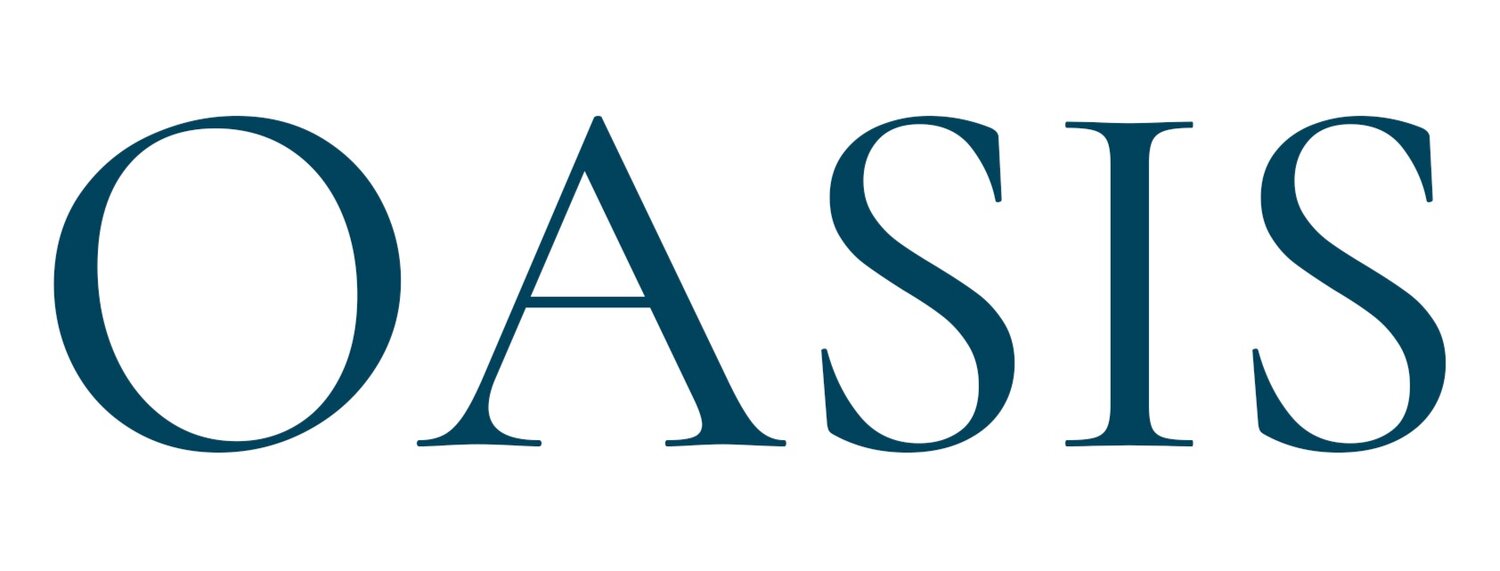
Our History
OASIS - Organizing to Advance Solutions in the Sahel - is a 501(c)3 nonprofit organization based in Berkeley, California. Formerly known as Venture Strategies for Health and Development (VSHD), OASIS and its founders and core staff, have more than twenty years’ experience in improving the lives of women and girls.
In 2003, in response to three leading African obstetrician-gynecologists’ request to address the leading cause of maternal mortality, postpartum hemorrhage (PPH), VSHD embarked on an initiative to overcome the barriers to accessing misoprostol for PPH. By establishing a sister organization focused on this initiative, Venture Strategies Innovations (VSI), we spurred research, advocacy, and action to improve availability and access to this life-saving maternal health medicine. This model became a catalyst for international change. In 2006, we facilitated the first global registration of misoprostol for PPH in Nigeria. By 2014, misoprostol was approved in more than 25 countries, reclassified as a WHO essential medicine and had protected the lives of countless women in pregnancy and childbirth. Having galvanized numerous donors, NGOS, and country governments to integrate misoprostol into their maternal health programs, VSI was dissolved in 2014 and VSHD focused attention on its next challenge.
In 2016, VSHD formalized its longstanding partnership with the University of California, Berkeley, and a team of dedicated experts from Niger. Together, they established l'Initiative OASIS Niger as a civil society organization. This milestone marked a crucial turning point, allowing for localized leadership and a deep understanding of the unique challenges faced by communities in Niger. Today, l'Initiative OASIS Niger operates as GRADE, an independent organization, headquartered in Niamey, Niger's capital city, and is fully staffed by talented local professionals.
In 2020, VSHD changed its name to OASIS to better reflect our ongoing work in the Sahel and our mission to improve the lives of women and girls across the region. While our geographic focus has narrowed, we continue to apply our expertise and historical success with misoprostol to address persistent gaps in access to essential reproductive health medicines within and outside the region.
Malcolm Potts
Co-Founders
The late, Malcolm Potts, MB, BChir, PhD, FRCOG, was a Founder of the OASIS Initiative, former OASIS Board Member, and Professor Emeritus at the School of Public Health at the University of California, Berkeley. At UC Berkeley, he was the first holder of the Fred H. Bixby endowed chair in Population and Family Planning and founded the Bixby Center for Population, Health & Sustainability with a team of young experts. He was Co-Director of the Berkeley International Group (BIG) with Dr. Julia Walsh. While he was the first Medical Director of the International Planned Parenthood Federation for a decade, he introduced family planning methods into scores of developing countries. As CEO of Family Health International (FHI), he launched the first large-scale studies of maternal mortality, which helped start the worldwide Safe Motherhood Initiative. He has published ten books and over 200 scientific papers. His most recent book is Sex and War: How Biology Explains War and Terrorism and Offers a Path to a Safer World. His obituary chronicling his extraordinary career and contributions is featured in the New York Times.
Alisha Graves is a Founder of the OASIS Initiative at University of California, Berkeley. Alisha lectures internationally on population and food security in the Sahel. She is a research fellow for Project Drawdown, analyzing the potential contribution of family planning for reducing greenhouse gas emissions. Previously, she worked to improve women's access to misoprostol, a generic, essential medicine. In this role, she worked on drug registration, operations research, and advocating for evidence-based maternal health policies across seven countries in Sub-Saharan Africa and Southeast Asia. She completed her MPH in International Maternal and Child Health at UC Berkeley in 2006.
Big issues deserve bold responses: Population and climate change in the Sahel
Misoprostol for safe motherhood: one tablet, two life-saving indications
Avoidable maternal deaths: Three ways to help now


